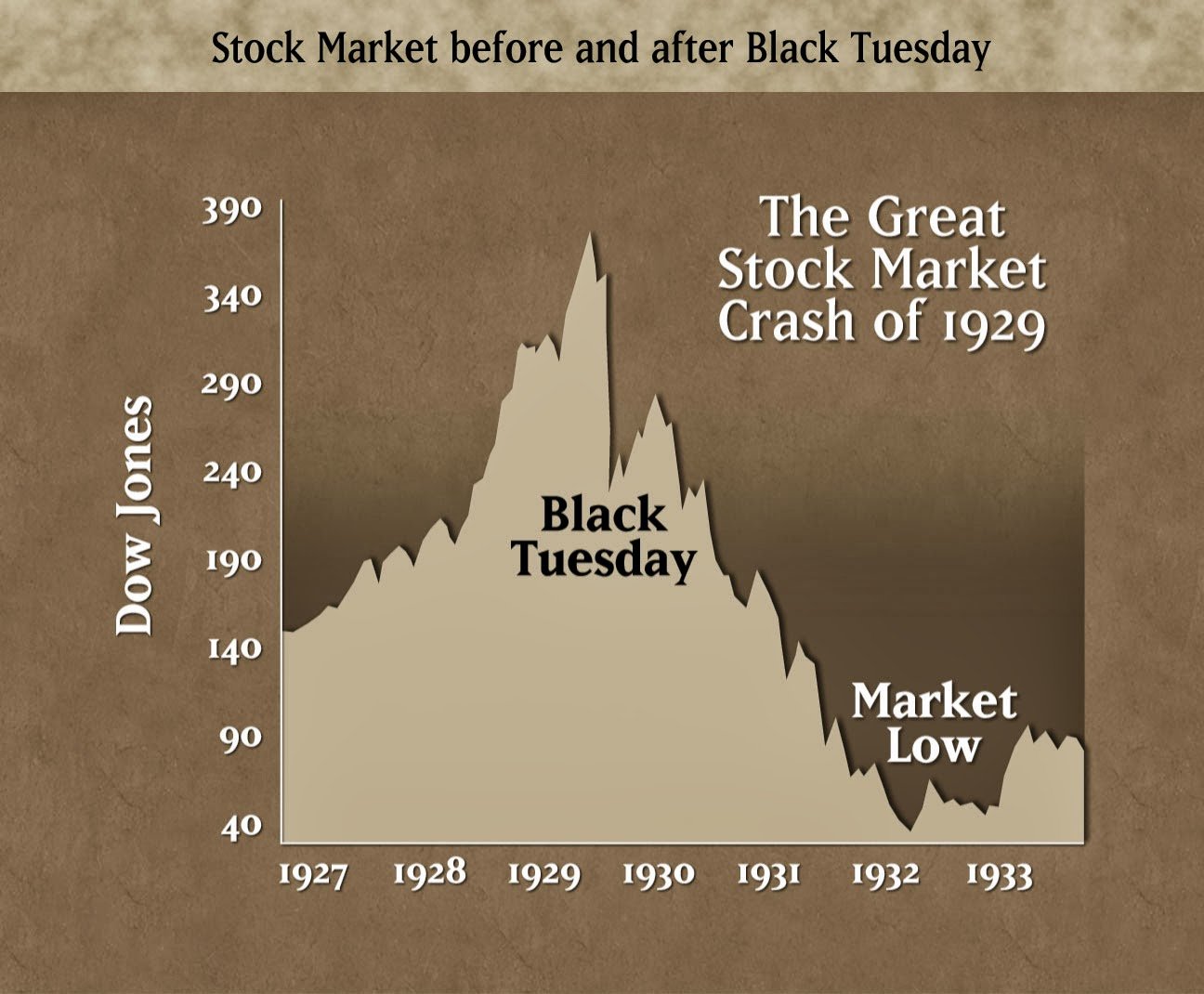Stock Market Crash: Dow, Nasdaq Plunge on Tariff Fears

U.S. stock markets experienced significant declines this week, driven by concerns over President Donald Trump's renewed push for aggressive tariffs. Futures slumped on Friday, anticipating the announcement, which ultimately fueled heavy selling across the board.
On Monday, following a Wall Street Journal report detailing Trump's efforts to increase tariffs on goods from nearly all U.S. trading partners, the market continued its downward trend. The S&P 500 fell 1.3%, the Nasdaq Composite dropped 2.2%, and the Dow Jones Industrial Average decreased by 0.6% by mid-morning. This followed a particularly severe downturn on a previous trading day, where the S&P 500 dropped nearly 5% to 5,396.52, its worst session since September 2022. The Nasdaq plummeted almost 6%, closing at 16,550.61, while the Dow Jones Industrial Average fell nearly 4%, ending at 40,545.93. These declines were attributed to fears of retaliatory tariffs from U.S. trading partners.
Several prominent stocks were significantly impacted. RH's stock plummeted 40.09%, closing at $149.39, following a disappointing fourth-quarter earnings report that missed revenue expectations. Five Below saw its shares fall 27.81%, closing at $58.83, largely attributed to the impact of Trump's tariff plan on the retail sector. Bank of America's shares dropped 11.06%, closing at $37.22, reflecting concerns about trade tensions and potential economic downturn. Conversely, Tesla's stock rose 5.33% to $282.76 despite reporting weaker-than-expected first-quarter results. Other notable declines included a 6.4% drop for Tesla, a 5% fall for Nvidia, and significant losses for Amazon, Meta, Microsoft, and Alphabet, collectively known as the "Magnificent Seven."
The prospect of widespread “reciprocal” tariffs, potentially reaching up to 20% on imported goods, contributed significantly to market anxieties. Goldman Sachs economists raised their recession probability forecast for the next 12 months from 20% to 35% in response to the escalating trade tensions. While the Chicago Business Barometer PMI unexpectedly rose to 47.6 in March, a reading below 50 still indicates economic contraction. The market also reacted to other news, including a planned stock sale by the Bank of China and declines in cryptocurrency-related stocks such as Coinbase, Robinhood, and MicroStrategy, reflecting a drop in Bitcoin's value. Further impacting investor sentiment, Moderna's stock plummeted 12% following the resignation of the FDA's top vaccine official.









